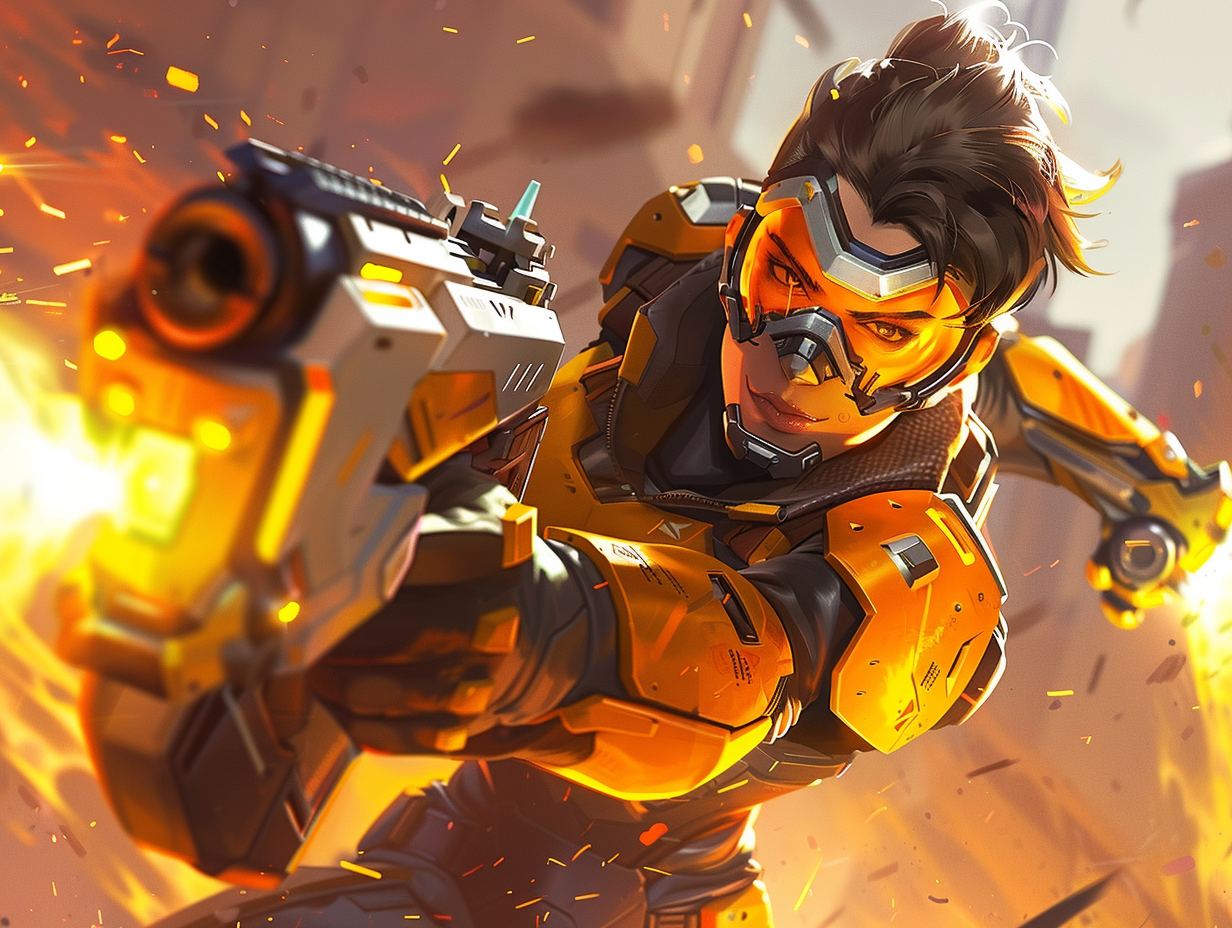In a historic development, esports has been officially recognized as a medal sport in the Hangzhou Asian Games, marking a significant milestone for the gaming industry. While this achievement brings honor to the participants, it holds a life-changing implication for South Korean male players. Winning a gold medal in the Asian Games or the Olympic Games not only bestows honor but also grants these players a coveted military exemption.
The South Korean military service mandate
South Korea enforces compulsory military service for its able-bodied men, typically requiring an 18-month commitment by the age of 28. However, there are exceptions. South Korean law permits individuals excelling in sports, popular culture, art, or higher education to defer their service until the age of 30.
This unique law has had a notable impact on the careers of some of South Korea’s most prominent figures, including the global music sensation BTS. Currently, three BTS members are fulfilling their military duties. Among them is Suga, who recently began his service on September 22. While this law has been a subject of debate, it has allowed athletes to focus on their careers before fulfilling their national defense obligations.
Esports players joining the ranks
Esports players have now joined the list of individuals eligible for military exemption. Achieving success on the international stage could lead to an exemption for these players, marking an unusual situation where Korean men could earn this privilege by excelling in video games.
While exempted athletes are still required to undergo a short period of training, this recognition represents a significant step forward for South Korea’s gaming industry. Public opinion on military service exemptions for successful athletes is divided. A 2019 survey revealed that 55.2% of respondents supported exemptions for gold medal-winning athletes, while 36.6% opposed the idea.
The inclusion of esports as an official medal event in the Hangzhou Asian Games is indicative of the evolving landscape of sports and entertainment. As the gaming industry gains recognition through internationally acclaimed events like the Asian Games and the potential inclusion in the Olympics, more South Koreans may be drawn to esports and specific games.
Esports has come a long way since its early days as a niche pastime. South Korea played a pivotal role in its transformation into a global professional industry. Games like Blizzard’s StarCraft, which gained immense popularity in 1999, contributed to this shift. The availability of a government-backed broadband network, a growing cultural acceptance of gaming as a profession, and well-organized professional leagues were also catalysts for esports’ rise.
Michael Chow, CEO of The Believer Company and former Vice President of Riot Games, highlights the impact of South Korean players on the global esports scene. These players have elevated esports to the status of a sport, making it what it is today.
The dominance of League of Legends
While some esports have faded into the background, League of Legends (LoL) has remained one of the most popular games for over a decade. The “League of Legends World Championship” has evolved from a three-day competition with eight teams in 2011 to a 22-team extravaganza spanning a month for the 2023 edition.
One of the standout players in LoL is Lee Sang-hyeok, better known as Faker, who has won three world titles and 10 Korean domestic championships. Faker’s impact on esports is often compared to some of the greatest athletes in history, making him a global phenomenon.
The 2022 grand final between Korean teams DRX and T1 set a new record for peak viewership, with over 5.1 million concurrent viewers across various platforms. Gaming’s rapid growth is evident, with total revenue reaching $227 billion in 2023 and projected to soar to $312 billion by 2027.
Esports at the 19th Asian games
The 19th Asian Games feature esports as official medal events, building on the success of the pilot event at the 2018 Jakarta-Palembang Games. The selected games include EA Sports FC Online (formerly FIFA Online 4), PUBG Mobile (Peace Elite Asian Games version), Arena of Valor (Asian Games version), League of Legends, DOTA 2, Dream Three Kingdoms 2, and Street Fighter 5, offering a total of 21 medals to competitors and teams.
These gaming events are hosted in an expansive 82,000-square-meter stadium equipped with 4,500 seats and cutting-edge 5G Advanced digital network, ensuring an enhanced gaming experience for fans and players.
Esports’ inclusion as an official Asian Games medal event has sparked debates about its potential entry into the Olympic Games. While the International Olympic Committee (IOC) organized the Olympic Esports Series in June, featuring virtual sports, dance, archery, and other games, it left some fans and experts wanting more.
Critics argue that the selected games did not represent true esports, sparking disappointment within the community. The IOC’s response highlighted the importance of aligning with Olympic values, including inclusivity and avoiding personal violence.
While the path to esports becoming an Olympic medal event remains uncertain, the gaming industry continues to grow, attracting a younger and more enthusiastic audience. Participants at the Asian Games are determined to showcase their skills and elevate esports on the global stage, keeping the dream of Olympic recognition alive.
As esports gains recognition and popularity, it faces challenges such as making games more accessible to viewers and bridging the gap in complexity between different titles. However, the industry’s potential for growth is undeniable, with Asia leading the global esports market.
Esports enthusiasts and professionals are hopeful that continued efforts will eventually lead to esports becoming an official Olympic discipline. Improving the viewing experience and ensuring inclusivity for all fans are key steps in this journey.





